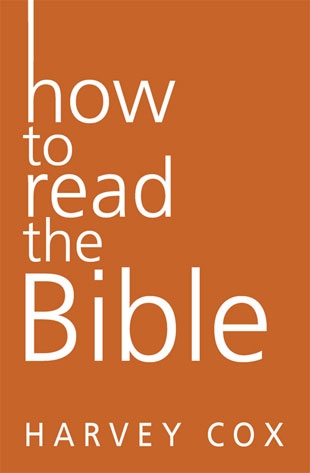"Whether we like the idea or not, the Bible has shaped our identity as a civilization, with all its extraordinary strengths and horrid weaknesses. For bane or for blessing, actually some of each, it has molded the institutions, values, and worldview not just of Western civilization, but in recent history of the whole world as well. It reverberates throughout our language and literature, our art and music. It has seeped into our synapses and gotten under our skin. It affects the way we think and live even when we are unaware of it. Even those people who devote their careers to trying to discredit the Bible are shaped by it. In short, there is no escaping it, so we need to come to grips with it.
"At the personal level, since our civilization constitutes a large part of who I am, the Bible, even before I open it, has entered into my formation as a person. Erik Erikson, the developmental psychologist who invented the term, says my identity is a distillation of both my own experience and that of my family, my tribe, my nation, and my culture. When I internalize images of what it means to be a man, a parent, a husband, a father, I include not only images of my own parents, but their images of their parents, of their parents' parents, and the exemplars they modeled themselves on. As Walt Whitman wrote, 'I am large, I contain multitudes.'
"Plumbing into the Bible may be a bit like classical psychoanalysis. One begins with what is on the surface of the mind, but then peels back layer after layer to expose what lurks beneath. What heaves into view are incidents from early childhood, then young adulthood. But we also discover we are not alone with these memories. We share the scars of our struggles with parents, siblings, lovers, heroes, and villains. These often return to us as stories, and their kinship with biblical sagas is all too evident. The analytical psychologist Carl Jung believed that we all draw on a 'group subconscious' that is handed on from generation to generation. Of course, what one uncovers can be troubling, even traumatic. We unearth half-buried memories of abandonment, rage, longing, desperate hope. The uncovering process can be painful, but what I disinter is part of me. Not to know it is not to know myself."
